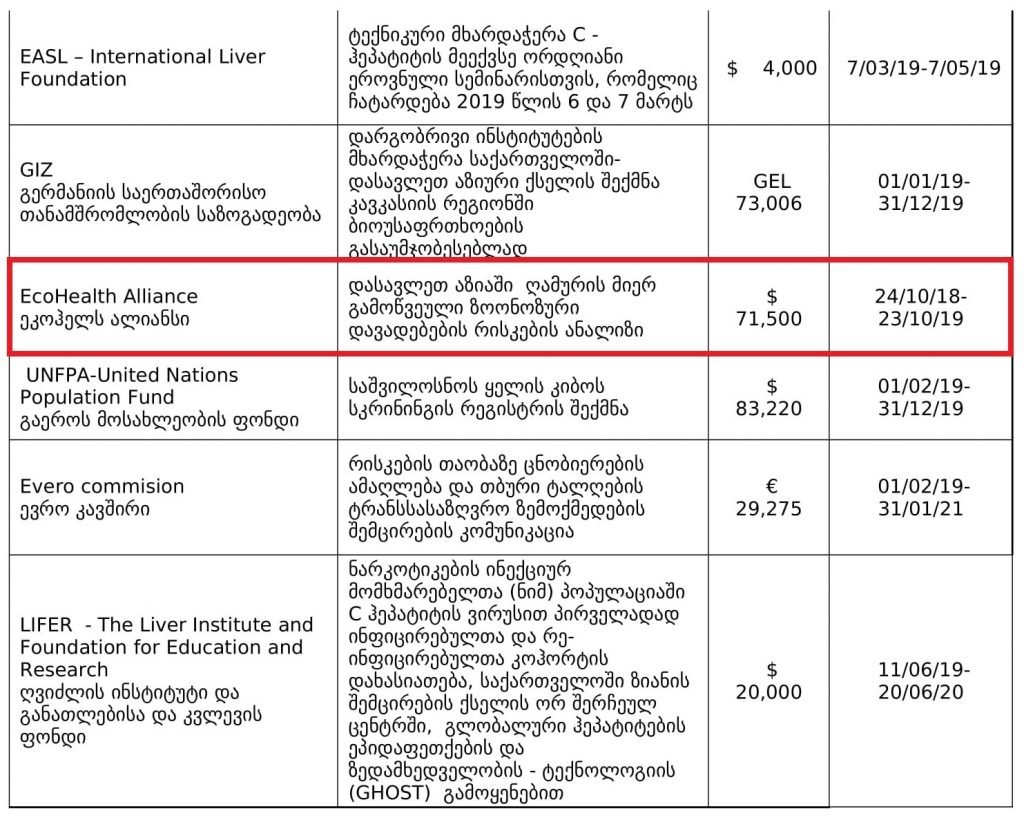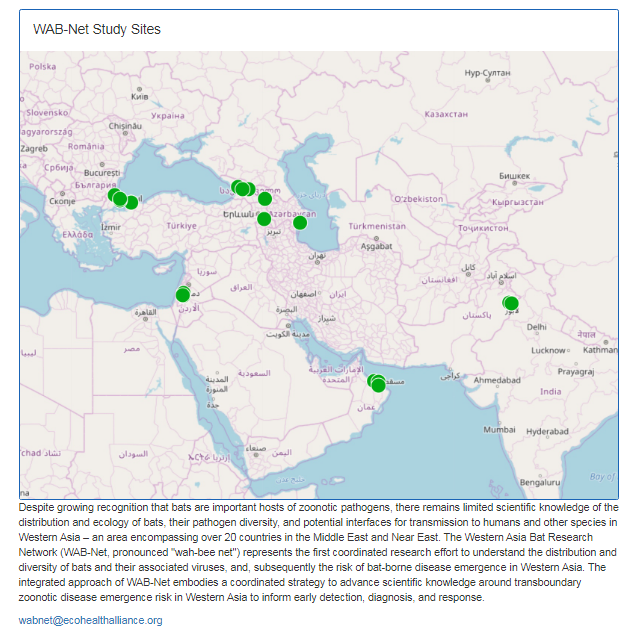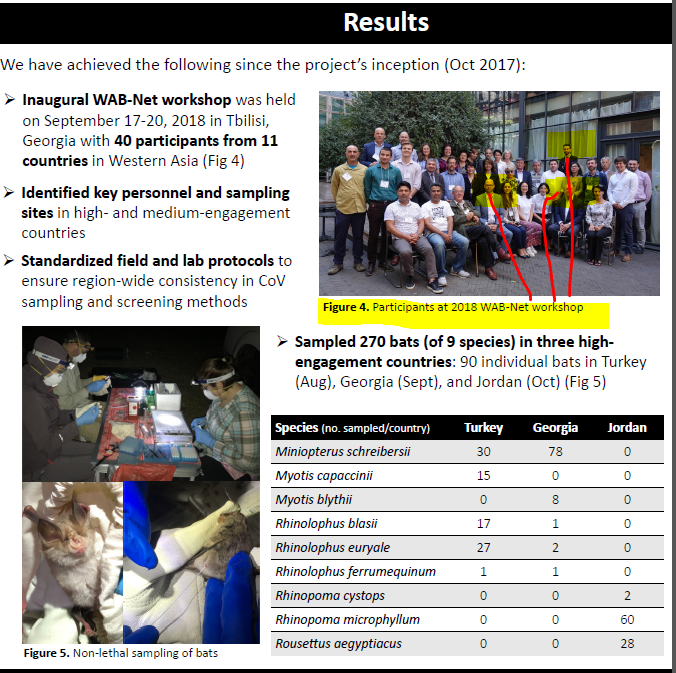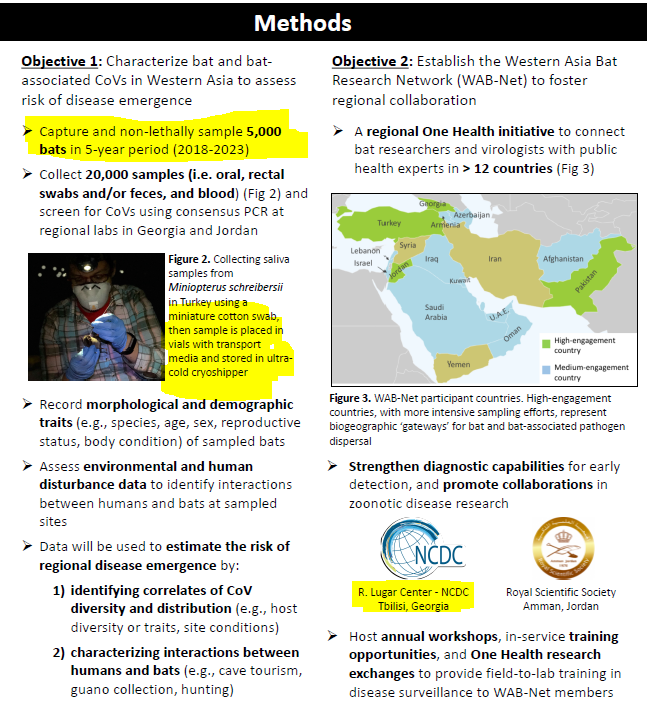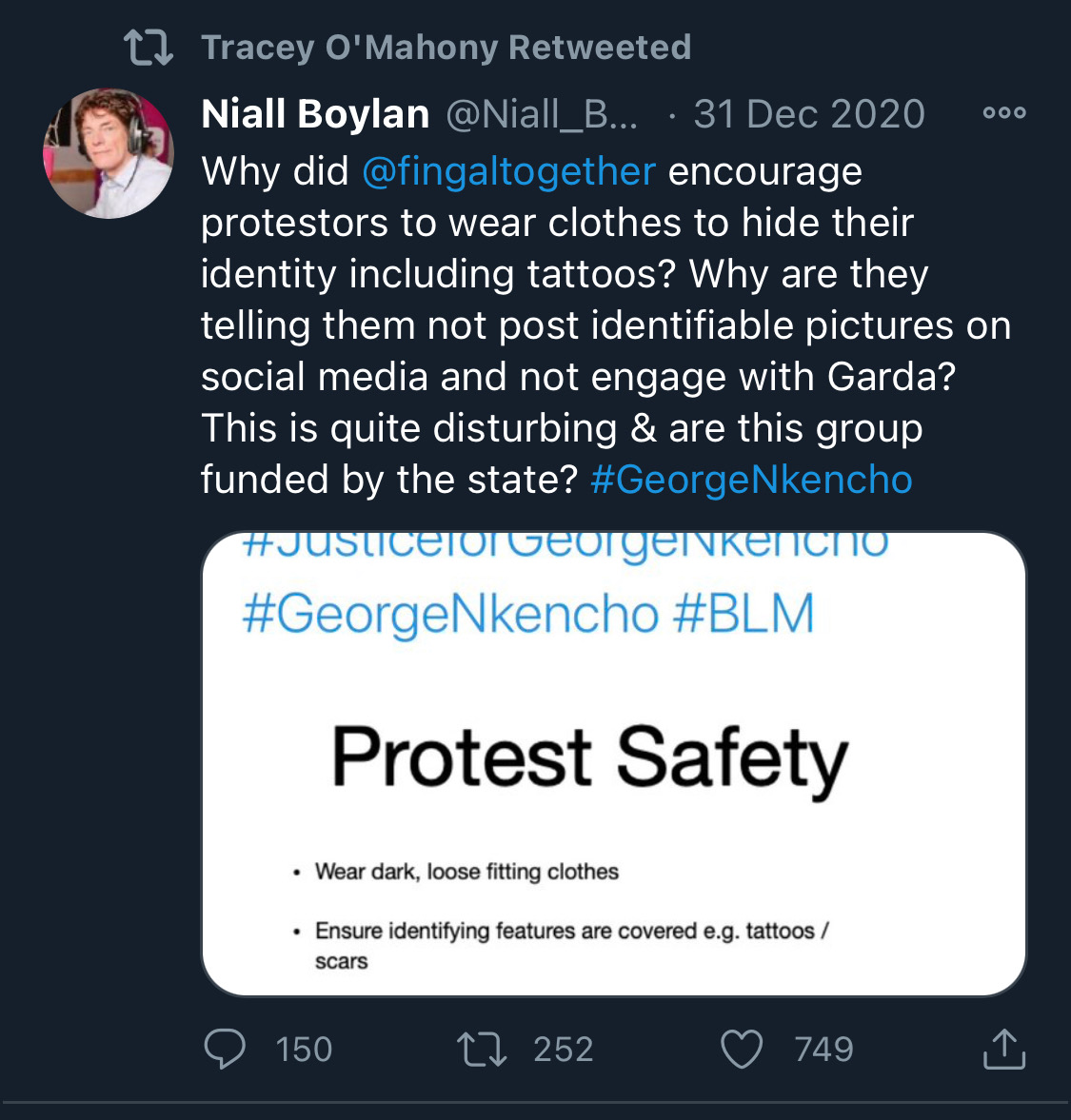You get asked dozens of questions per day.
Each one is an opportunity to show your credibility and build trust.
🚫 If you answer poorly?
They start doubting your competence.
✅ If you answer well?
They trust you and are grateful you’re on the team.
Answering questions is higher stakes than most people realize.
Doing it well is a competitive advantage.
The secret to increasing your effectiveness?
Always consider the "question behind the question” (QBQ).
What does this mean?
When a person asks you something, there's the surface question—but there's often a deeper layer.
A few signs you should address the QBQ:
• You have to repeat yourself
• Lots of follow-ups
• They’re still skeptical
• They ask oddly specific questions
These are all indicators that your original answer isn’t landing.
Folks don’t necessarily have ulterior motives--they're just looking for more depth.
There could be a deeper worry, concern, or simply curiosity.
And it’s usually subconscious.
The benefit of understanding the question behind the question:
✔️ you’ll give a better answer
✔️ you’ll be more confident in it
✔️ your audience will feel more satisfied with your response
Here's how to do it:
Your colleague asks, “How is the project going? Is everything under control? Anything I should be aware of?"
Most people would simply answer the question at face value.
But that's a miss.
🚫 “Everything’s good. I’ve got it under control."
This is too generic. It lacks context they want to see.
Your coworker might not believe you. They will keep asking until they can.
✅ "Great question. I reviewed our numbers this morning. We’re tracking to our Q2 forecast. We’re a bit behind on X, but beating expectations on Y. I’m monitoring weekly & will flag if anything is off."
This is tailored to your colleague’s concerns.
It answers the QBQ.
If you know the person, your answer depends on a few factors:
• What does my colleague focus on?
• What part do they care about most?
• What would make them feel reassured and safe?
Address these in your response.
For example, let’s assume your colleague is a numbers person.
They're analytical. They want to see the data--numbers, percentages, logic.
Your answers should include these details.
And you can save your breath on storytelling or other aspects they don’t care as much about.
If you don’t know someone well, it's harder to tailor your response.
You won’t always have the chance to ask for clarity.
Try to take your best guess as to what this person values.
Sometimes folks might not even know what they really want to ask.
They just have a vague feeling.
You’ll need to probe to find their underlying question.
You might have to explain in different ways until you see their eyes light up.
https://t.co/NqbFFwmcdQ
What should you do?
Don’t blindly engage in a never-ending back-and-forth.
That’s a huge drain of time and emotional labor.
Step back and think about what their true concern is.
Then focus on answering the QBQ.
You feel good knowing you got to the root of the problem.
The person asking the question will feel seen and heard.
That's ultimately what we want when we engage with anyone.
That’s it for today.
If you found this thread valuable:
1. Follow me for more threads on leadership, education, and marketing →
@wes_kao 2. I’ll write a deep dive about this in my newsletter. Subscribe to get it in your inbox.
https://t.co/L4ZWtdIOM0
3.
@MavenHQ is hiring. We have open roles across engineering and business teams. Come join a fast-paced startup shaping the future of education.
https://t.co/vkujvtWZES
